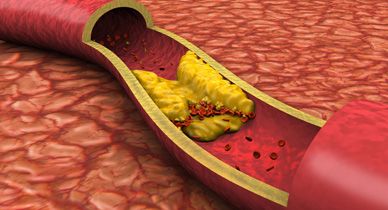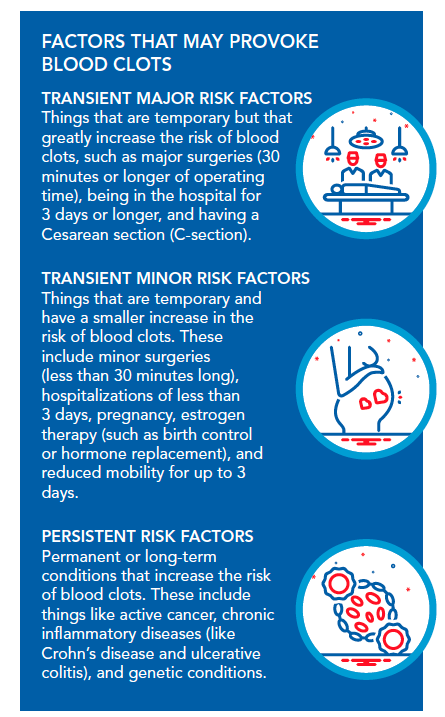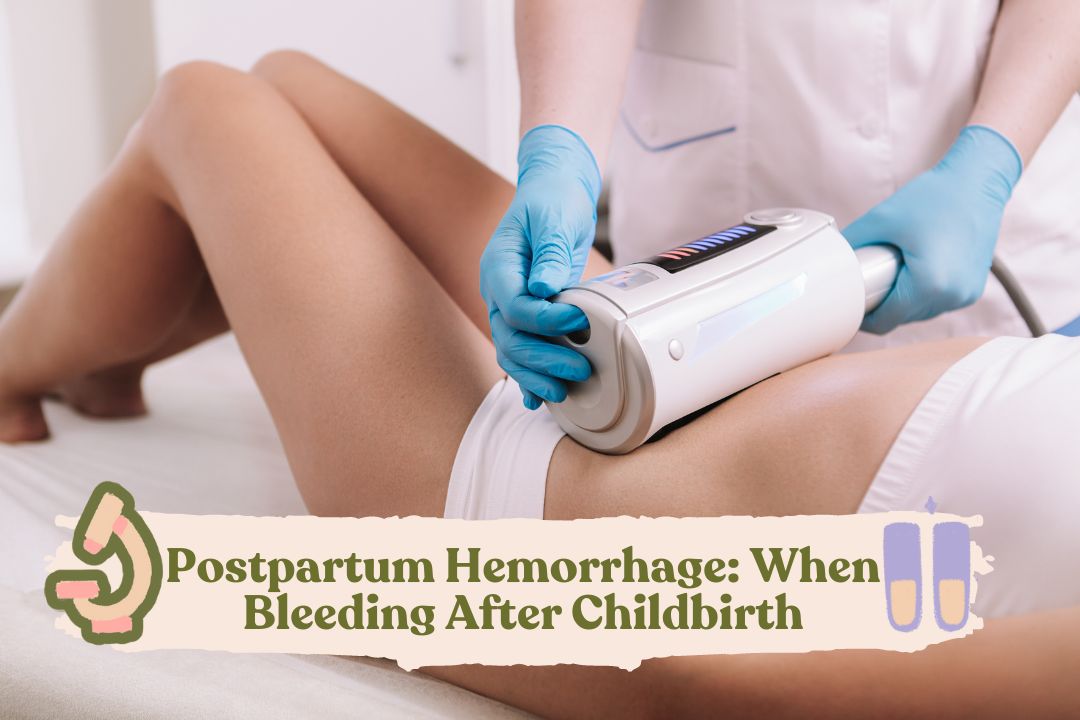Blood Clots After Birth: Symptoms, Treatment, and More

It's normal to have blood clots after giving birth, but sometimes too many or very large blood clots can be cause for concern. Bleeding can continue to happen up to six weeks after giving birth. If you experience difficulty breathing, a high fever, or foul-smelling vaginal discharge, it may be best to see your doctor.
It's normal to have blood clots after giving birth, but sometimes too many or very large blood clots can be cause for concern. Bleeding can continue to happen up to six weeks after giving birth. If you experience difficulty breathing, a high fever, or foul-smelling vaginal discharge, it may be best to see your doctor.

Leg clots (aka deep-vein thrombosis): an immediate and long-term health hazard - Harvard Health

Signs of Infection or PPH Postpartum — DoulaCare Ireland

10 Ways To Cure Postpartum Rectal Bleeding (Blood In Stool)

Provoked vs. Unprovoked Blood Clots

Postpartum Bloot Clot: Causes, Signs & Treatment

Treating Blood Clots Requires Fast Action - Mended Hearts

Deep Vein Thrombosis, DVT - Symptoms, Causes and Complications

Thromboembolism - Symptoms, Types, Causes & Prevention
:max_bytes(150000):strip_icc()/blood-clot-symptoms-5b2a730c04d1cf0036128d59.png)
Blood Clots: Signs, Symptoms, and Complications

Thrombosis & Pregnancy

6 Health Problems New Moms Should Watch for After Giving Birth, UNM Health Blog
:max_bytes(150000):strip_icc()/GettyImages-1370455164-36957a91d26c4057a439f6b83ccdd71b.jpg)
Deep Vein Thrombosis (DVT): Symptoms, Treatment, & More

Postpartum Bleeding and Blood Clots (Fun or what?!)
Postpartum Blood Clots: Signs, Causes, And Treatment

Postpartum Hemorrhage: When Bleeding After Childbirth